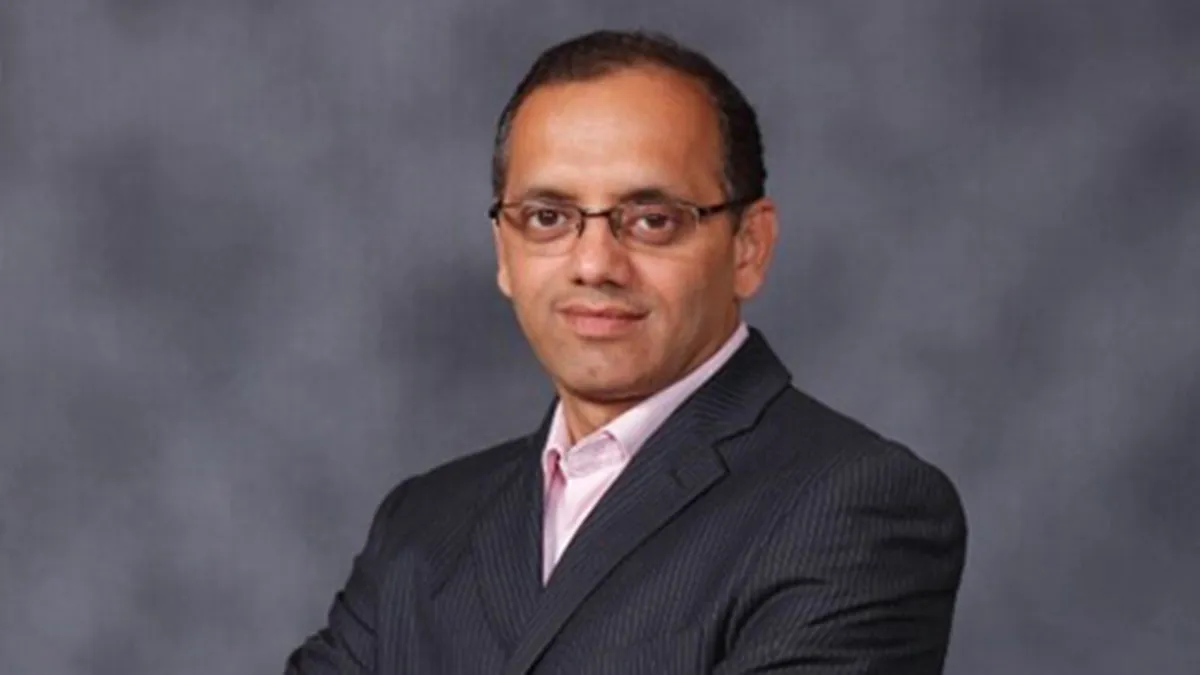New Delhi: You can ban them, restrict them, or send legal notices to people who promote them, but by hook or crook, they will find a way to endorse themselves. If you haven’t guessed already then yet again we are looking at a new way offshore gambling platforms are using to woo the Indian audience.
The new trick up their sleeves includes opening a legal offshore subsidiary, such as a news platform, and becoming the principal sponsor of a team in one of India’s premier sporting events.
Case in point, Dafanews and Punjab FC. Punjab FC, the only team from North India in the Indian Super League (ISL) recently announced the onboarding of DafaNews as their principal sponsor for the upcoming season.
Based in Singapore, Dafanews is a subsidiary of Dafabet, a gambling platform that runs its operations from the Philippines. Given the alarming rise in misleading advertisements in the market, the Supreme Court as well as ASCI have issued regulations and guidelines that impose a sweeping prohibition on surrogate advertising by betting and gambling platforms.
Allegedly exploiting the loopholes in the guidelines laid out by the government of India, gambling platforms like Melbet, Dafabet, Vegas11, and, Fun88 are sponsoring teams in the Pro Kabbadi League and the Indian Super League.
Between April and August 2024, the Advertising Standards Council of India (ASCI) flagged and forwarded 700 advertisements from illegal betting and gambling companies to the Ministry of Information and Broadcasting (MIB).
Real Money Gaming (RMG) operators have alleged that offshore illegal gambling firms are leveraging the Pro Kabaddi League (PKL) for surrogate advertising.

Manisha Kapoor, CEO and Secretary General of ASCI, said, “We have been flagging misleading ads for months now and taking up the issue with MIB for strict action against such advertisements. Even our annual complaints report reported that.”
Last month, real money gaming platforms (RMG) wrote a letter to the I&B ministry with a claim that offshore gambling platforms are engaging in surrogate advertising by sponsoring top teams, the most notorious among them being Parimatch.
Thanks to a legal loophole, these platforms are now exploiting every possible way to do on-ground endorsements.

Roland Landers, CEO of All India Gaming Federation, said, “The Ministry of Information and Broadcasting’s advisories have effectively curbed illegal advertisements on broadcasting services and OTT platforms. However, out-of-home advertisements and team sponsorships fall outside the Ministry’s jurisdiction, resulting in no significant impact on these fronts. Consequently, offshore betting and gambling companies exploit this loophole to continue their advertising practices through these channels.”
“In India, there is a general lack of awareness that only games of skill are legal, while games of chance, including betting and gambling, are not. This confusion extends to the general public, the advertising industry, and sports leagues, leading to uncertainty about what is legitimate. As a result, offshore betting and gambling companies exploit this loophole to advertise through various sports leagues, bypassing regulations,” Landers added.
Flying under the radar, offshore gambling platforms have found their way around the regulations.
Landers said, “The Advertising Standards Council of India (ASCI) has a code that legitimate business entities must follow. Offshore gambling platforms exploit this by pretending to be a legitimate business, using the same disclaimers as real money gaming platforms to advertise in print media and outdoor advertisements.”
Additionally, these platforms are not only sponsoring leagues but also creating multiple surrogate brands, such as sportswear and news platforms, to advertise on social media.
“This practice blurs the lines between legitimate and illegitimate entities, often causing legitimate businesses to be unfairly grouped with the illegitimate ones,” said Landers.
Speaking of the impact that such opaque advertising practices have on the business of real money gaming platforms, Landers noted, “The broad impact on the industry is that real money gaming platforms are often unfairly grouped with offshore illegal gambling platforms. This association implies that the harms and safety issues caused by illegal gambling also affect real money gaming platforms. Thus, these oblique advertising practices are damaging the reputation and operations of the legitimate real money gaming industry.”
Walking along similar lines, an industry source working with real money gaming platforms said, “The problem with offshore gambling platforms is that if they decide to shut their shops and customers lose their money then there is no way to address the grievances of customers as these platforms are not based in India. Such actions by illegal platforms sabotage the perception of legitimate real money gaming platforms.”
The source highlighted how offshore platforms blur the lines between skill-based legal apps and their offerings.
“Offshore platforms keep the customer in an illusion where they feel that there is no fine line between skill-based legal apps versus offshore apps and they just get lured by looking at the winning amounts quoted by these platforms. For instance, Poker Bazi will never talk about money. You won’t see any commercials featuring a celebrity or an influencer talking about or even highlighting indirectly money. RMG platforms focus on the experience of playing poker,” stated the source.
A question that should be asked but is seldom raised is how do other brands justify placing their logos on the jerseys of teams being sponsored by illegal gambling platforms.

Sharing her take on the question, Nisha Sampath, a brand consultant at Bright Angels Consulting LLP said, “At the end of the day, all sponsorship is done to get eyeballs and clicks. Brands will not quarrel with opportunities. Unless the regulator intervenes to penalise, or there is a pushback from organisations representing consumer interest, such associations will continue.”
“Unlike cricket, it is harder to get high-paying sponsors for other sports but eventually, there will be a pushback that will put a force stop. Till then, everyone will make hay while the sun shines,” Sampath added.
Inspiring confidence in the ability of regulatory bodies to curtail bleak advertising practices, the source noted, “User safety is paramount, and I am confident that the Ministry of Information and Broadcasting (MIB) and other organisations are working towards the same goal. Recently, many offshore and illegal platforms have been banned. By flagging these issues to the authorities, I believe they will take appropriate action.”
The problem is far and wide but what’s the solution?
Proposing a solution to the challenge at hand, Landers called for a whitelist of companies offering skill-based, legal games and a blacklist of off-shore illegal companies that offer gambling services in India.
Landers said, “The government needs to increase awareness among creators regarding this issue. To effectively address this problem, there should be a whitelist of companies offering skill-based, legal games.”
“This can be achieved by implementing the 2023 IT Rules and establishing self-regulatory bodies to certify legal games. Once there is a clear distinction in the industry, influencers only need to check a company’s certification before promoting them,” he added.
An executive working for an RMG firm said, “User safety is paramount, and I am confident that the Ministry of Information and Broadcasting (MIB) and other organizations are working towards the same goal. Recently, many offshore and illegal platforms have been banned. By flagging these issues to the authorities, I believe they will take appropriate action.”
